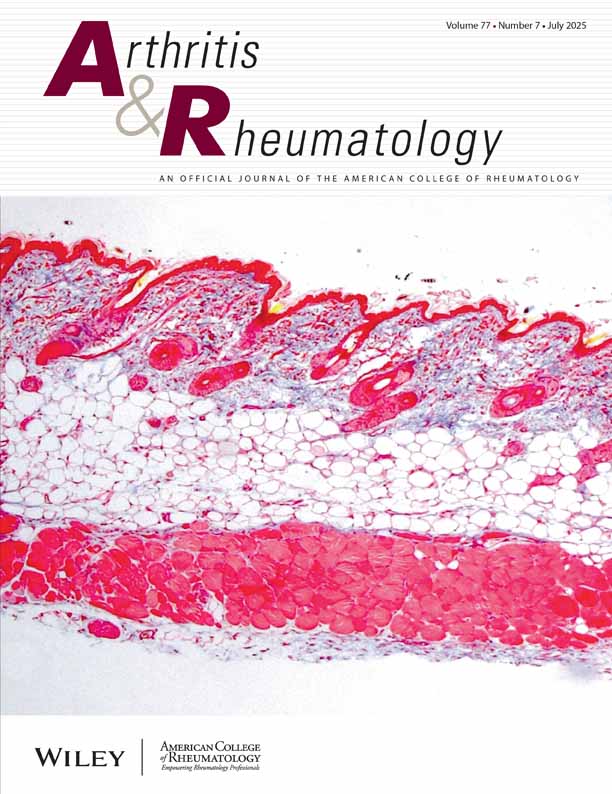Life-threatening histoplasmosis complicating immunotherapy with tumor necrosis factor α antagonists infliximab and etanercept
Abstract
Objective
Two tumor necrosis factor α (TNFα) antagonists were recently licensed in the US. Infliximab was licensed in 1998 for the treatment of Crohn's disease (CD), and since 1999, it has been licensed in combination with methotrexate for treatment of rheumatoid arthritis (RA). Etanercept was licensed in 1998 for treatment of RA and, more recently, for juvenile RA and psoriatic arthritis. Because of potential immunosuppression related to use of anti-TNFα agents, we sought to identify postlicensure cases of opportunistic infection, including histoplasmosis, in patients treated with these products.
Methods
The US Food and Drug Administration's (FDA) passive surveillance database for monitoring postlicensure adverse events was reviewed to identify all reports received through July 2001 of histoplasmosis in patients treated with either infliximab or etanercept.
Results
Ten cases of Histoplasma capsulatum (HC) infection were reported: 9 associated with infliximab and 1 associated with etanercept. In patients treated with infliximab, manifestations of histoplasmosis occurred within 1 week to 6 months after the first dose and typically included fever, malaise, cough, dyspnea, and interstitial pneumonitis. Of the 10 patients with histoplasmosis, 9 required treatment in an intensive care unit, and 1 died. All patients had received concomitant immunosuppressive medications in addition to infliximab or etanercept, and all resided in HC-endemic regions.
Conclusion
Postlicensure surveillance suggests that acute life-threatening histoplasmosis may complicate immunotherapy with TNFα antagonists, particularly infliximab. Histoplasmosis should be considered early in the evaluation of patients who reside in HC-endemic areas in whom infectious complications develop during treatment with infliximab or etanercept.




